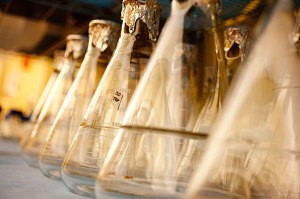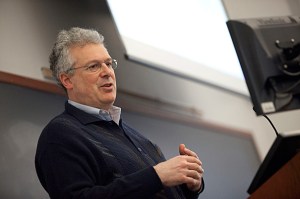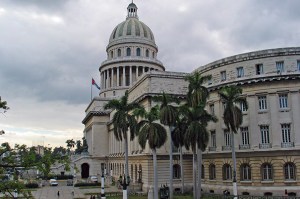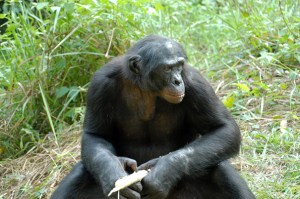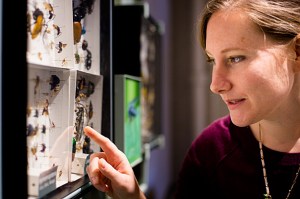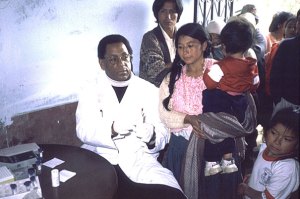Tag: Faculty of Arts and Sciences
-
Science & Tech
Understanding common knowledge
A new study examines how different kinds of shared beliefs can affect how people cooperate, and how people use common knowledge, a type of shared understanding, to coordinate their actions.
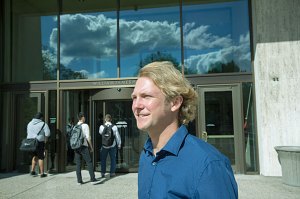
-
Campus & Community
A distinctive honor
Sixty-three Faculty of Arts and Sciences (FAS) employees from 36 departments — representing 2.5 percent of the FAS staff — were recognized at the sixth annual awards ceremony and reception, held in the faculty room of University Hall.
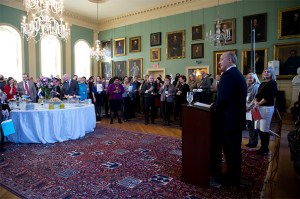
-
Health
Smarter by the minute, sort of
New research from Harvard and MIT shows that different cognitive skills peak at different times in lifespan.
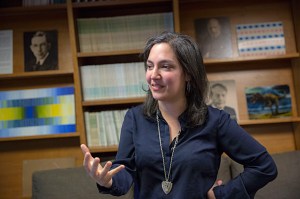
-
Nation & World
A siren call to action
Professor Jessica E. Stern, a leading terrorism expert, talks about the growing number of young, middle-class Westerners leaving home to join the Islamic State.
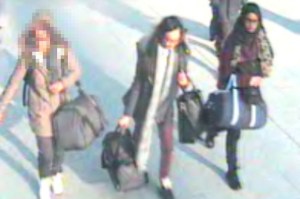
-
Health
The teeth tell a tale
A new study shows that the teeth of early hominins grew unlike those of either modern humans or apes, suggesting that neither can serve as a useful proxy for estimating the age or developmental progression of juvenile fossils.
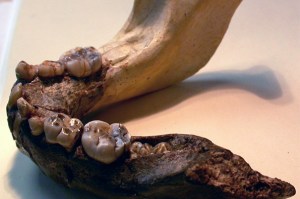
-
Campus & Community
Crowd of Fulbrights
For the second year in a row, Harvard is the leading producer of Fulbright Scholars, with 34 students ― 22 from the College, 12 in total from the Graduate School of Arts and Sciences, Harvard Law School, Graduate School of Design, and Graduate School of Education — receiving the prestigious grants.
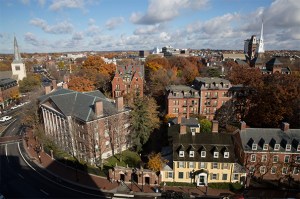
-
Health
March mammal madness
An assistant professor of evolutionary biology, Katie Hinde is also the creator of Mammal March Madness, a tournament that emulates the college basketball playoffs and pits species against each other in simulated combat.
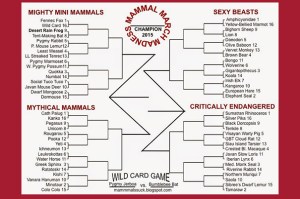
-
Health
A new understanding of Alzheimer’s
Using the principle of natural selection, researchers have outlined a new model of the disease suggesting that mitochondria — power plants for cells — might be at its center.
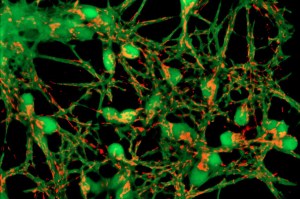
-
Science & Tech
Playing the ‘envelope game’
Harvard researchers have developed a first-of-its-kind model, dubbed the “envelope game,” that can help researchers to understand not only why humans evolved to be cooperative but why people evolved to cooperate in a principled way.
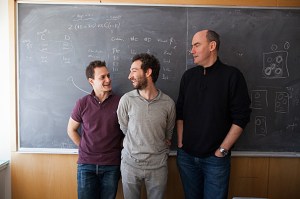
-
Campus & Community
Rulan Chao Pian
Rulan Chao Pian was a true cosmopolitan, a woman who crossed boundaries with quiet courage and grace. Born in Cambridge, Massachusetts, during a period when her father, the Chinese linguist and composer Yuen Ren Chao, taught at Harvard, she spent most of her childhood in various cities in China as well as in Paris, returning…
-
Campus & Community
Renewing Winthrop House
The renewal process is beginning for Winthrop House, one of Harvard’s oldest undergraduate dorms.
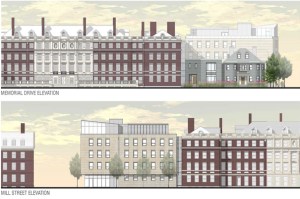
-
Health
Walk like a man
The fossilized hipbone of an ape called Sivapithecus is raising a host of new questions about whether the upright body plan of apes may have evolved multiple times.
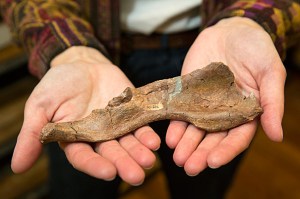
-
Nation & World
The case for (community) college
While seeking economic relief for the middle class during his State of the Union address, Obama formally proposes making community college tuition-free.
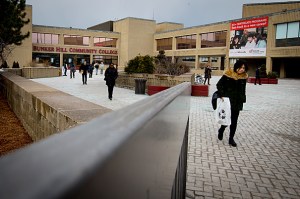
-
Nation & World
Democracy, debated in Parliament
Harvard Professor Michael Sandel led members of the United Kingdom’s House of Commons and House of Lords, along with students and members of the public, through an intense discussion on the nature and importance of democracy, as part of a first-of-its-kind program held in the Speaker’s House in Parliament.
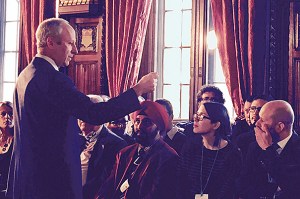
-
Nation & World
Making a case for democracy
Michael Sandel, the renowned political philosopher and professor, will debate the meaning of democracy at the Palace of Westminster in London as part of the BBC’s “Democracy Day.”
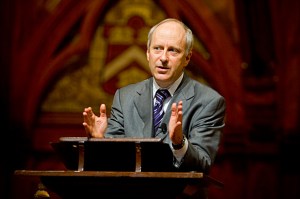
-
Health
Sounding out speech
A new study demonstrates that infants as young as 6 months can solve the invariance problem in speech perception.
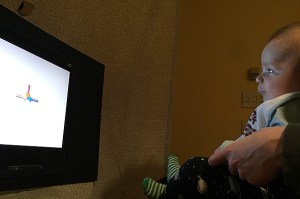
-
Campus & Community
Danielle Allen named to Harvard posts
Political theorist Danielle S. Allen has been appointed both to the Faculty of Arts and Sciences as a professor in the Government Department and to Harvard’s Edmond J. Safra Center for Ethics as its director.
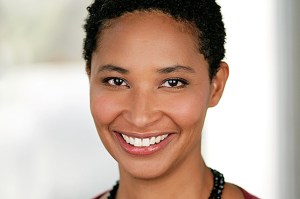
-
Campus & Community
Oxford and beyond
Rhodes Scholars Ruth Fong and Benjamin Sprung-Keyser both are driven by a desire to improve the world around them.
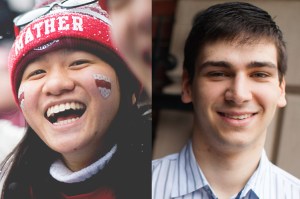
-
Health
How mosquitoes home in
A team of researchers has identified a key genetic variation that helps mosquitoes “smell” humans. The study could open the door to new strategies to ward off the pests.
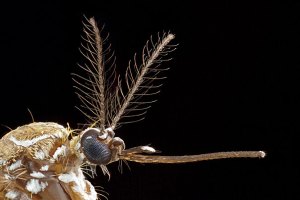
-
Campus & Community
A lifetime of scholarship, recognized
Steven Shapin, the Franklin L. Ford Research Professor in the History of Science, whose scholarship has had a wide-reaching impact on both the history and sociology of science, has been awarded the 2014 Sarton Medal for Lifetime Scholarly Achievement by the History of Science Society.
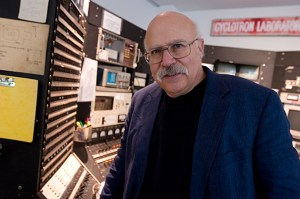
-
Campus & Community
Parents make a weekend of it
Families converged in Cambridge for Freshman Parents Weekend, the annual welcoming of parents that features faculty presentations, tours of the libraries and museums, and the opportunity to sit in on classes. Approximately 2,000 family members came to Harvard to visit their student over the weekend.
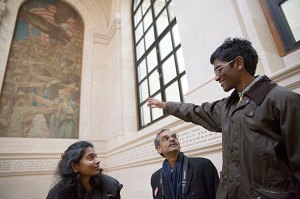
-
Health
Rapid-fire evolution
Faced with stiff competition from an invading species, a Harvard study has found that green anoles evolved larger toe pads equipped with more sticky scales to allow for better climbing in just 20 generations over 15 years.
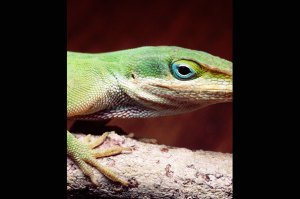
-
Health
Toward genetic editing
Led by David Liu, professor of chemistry and chemical biology, a team of Harvard researchers developed a system that uses commercially available molecules called cationic lipids to deliver genome-editing proteins into cells.
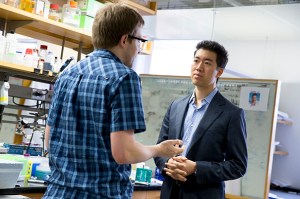
-
Campus & Community
Andrew Murray named an HHMI professor
Professor Andrew Murray was named a Howard Hughes Medical Institute professor and will receive $1 million in funding for innovation in undergraduate science education.
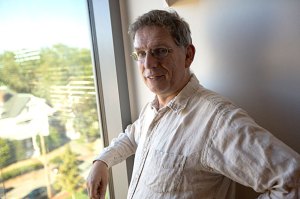
-
Campus & Community
Funding for projects with promise
Four scientists from across Harvard will receive nearly $8 million in grant funding through the National Institutes of Health’s High Risk-High Reward program to support research into a variety of biomedical questions, ranging from how the bacterial cell wall is constructed to how the blood-brain barrier works.
